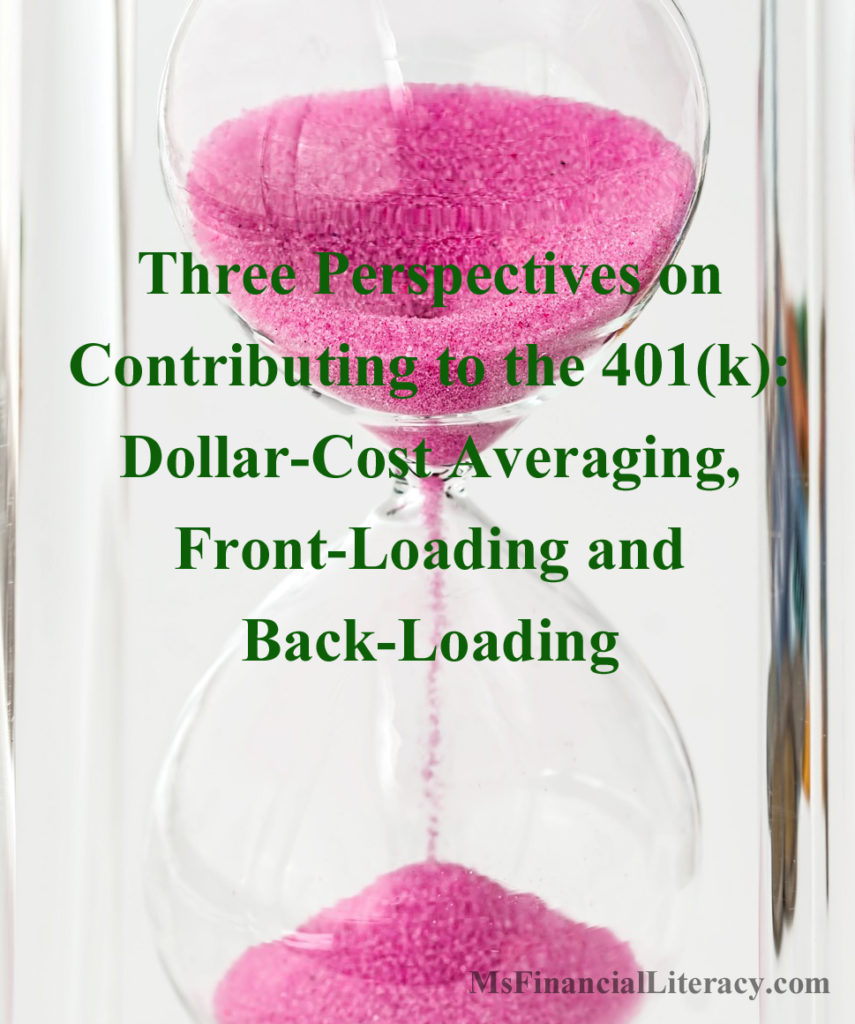I convinced my husband to use Personal Capital! In the past five months, I have both subtly and verbally tried to get my husband onboard. This past weekend, he finally gave me the ‘go’ signal. What’s even better? We have been hooked by this financial software the last several days (okay, maybe a bit obsessed). Personal Capital is amazing, beautiful and provides me everything I need (when it comes to understanding my financial life).

I first learned about Personal Capital when I started reading personal finance blogs early this year. Most of my daily reads have written a review about this. Many of them used Personal Capital to track their financial numbers. My eyes were drawn to the colorful and beautiful charts and graphs these bloggers were sharing on their sites. Several of my money savvy friends also started telling me about Personal Capital. I was ready to give it a try.
When I approached my husband with this idea, he blatantly rejected it. He was concerned about the software’s security. He already doesn’t like the fact that we have to login to so many financial accounts to track and manage our finances. He didn’t want another to gain access to our financial data. What if someone would to get hold of our logins and mess with our investment holdings and transactions? What if that were to happen while we’re traveling outside of the country and might not have access to secure Internet? His concerns sounded totally legit to me. After that conversation, I was ready to move on. I accepted the fact that Personal Capital and I weren’t meant to be.
My Obsession
Continue Reading





